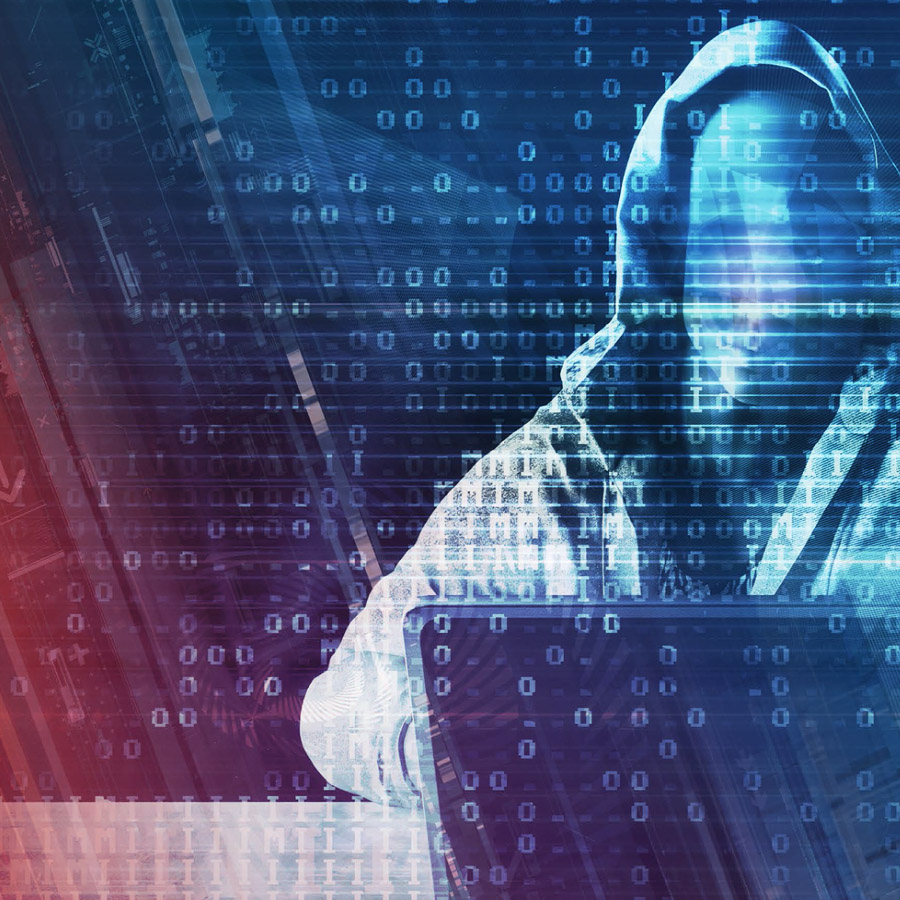The darknet, a part of the internet not indexed by conventional search engines, has grown into a space offering both anonymity and privacy. It is widely accessed through specialized tools and technologies that ensure users’ activities remain hidden from surveillance. The most well-known of these tools is Tor the Onion Router, which forms the foundation of many darknet solutions. Tor anonymizes traffic by routing data through multiple layers of encryption, making it exceedingly difficult to trace the user’s origin. The decentralized structure of the Tor network allows users to access websites with an .onion domain, which are only available within the Tor network. This provides an isolated ecosystem where individuals can freely exchange information without fear of censorship or tracking.

Another important tool used in the darknet is VPN Virtual Private Network services, which help users, mask their IP addresses and encrypt their internet traffic. While VPNs do not provide the same level of anonymity as Tor, they are often used in tandem with it for an extra layer of security. Many darknet users prefer VPNs to prevent their internet service providers ISPs from monitoring their online activities. VPNs are especially effective for users who need a private browsing experience on the surface web and darknet alike. I2P Invisible Internet Project is another alternative to Tor that offers a high level of privacy. Like Tor, I2P operates on a system of encrypted tunnels, but unlike Tor, it is designed to work primarily for anonymous communication and accessing services within the I2P network itself. It uses a similar system of routing, where data packets are sent through multiple encrypted nodes.
In addition to these, privacy-focused messaging platforms, such as Signal and Wickr, have gained popularity within the Мега онион darknet. These tools offer end-to-end encryption, meaning that even the service provider cannot access the messages sent between users. Signal, for instance, uses the Signal Protocol, which has been praised for its robust encryption standards, ensuring that personal communications are secure and private. Additionally, decentralized cryptocurrencies like Bitcoin and Monero are often integrated into darknet solutions for financial transactions. While Bitcoin provides a degree of anonymity through pseudonymous addresses, Monero is specifically designed for privacy, offering untraceable transactions through ring signatures and stealth addresses. Together, these tools contribute to the growing complexity and functionality of the darknet, ensuring that users can maintain their privacy and engage in secure communications or transactions. However, the tools are not without controversy, as they also provide a platform for illicit activities.